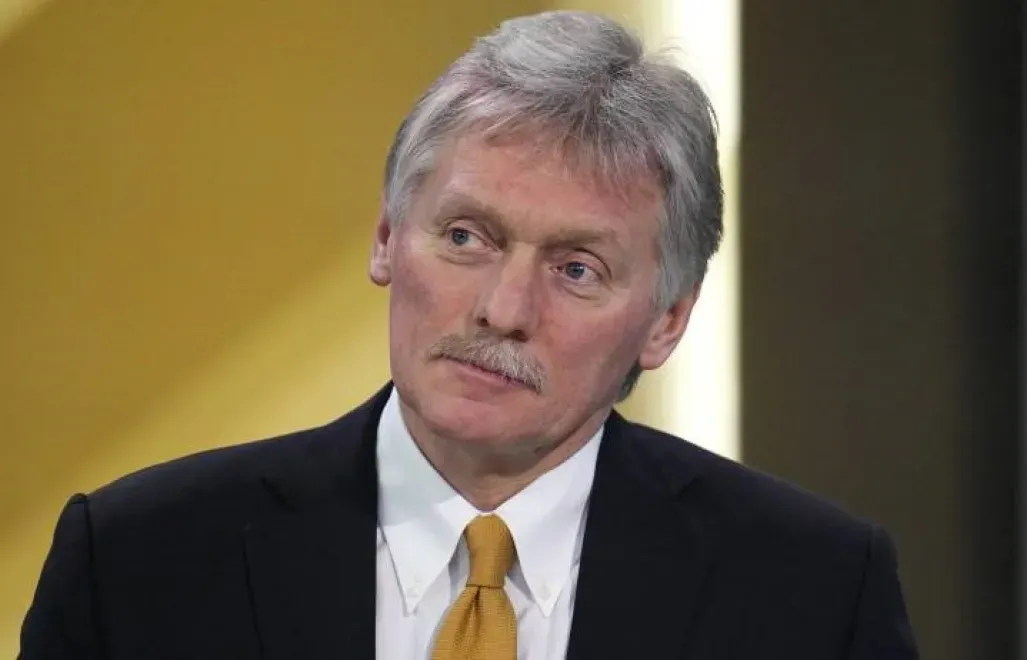News
Kremlin Says Ukraine Will Eventually Need Talks With Russia as Pressure Mounts on Kyiv

The Kremlin has warned that Ukraine will eventually have to enter negotiations with Russia, insisting that Kyiv cannot avoid diplomatic engagement forever. Russian officials claim that Ukraine’s negotiating position is weakening, as the war grinds on with no clear end in sight and with mounting pressure on the Ukrainian government.
Speaking to reporters in Moscow, Kremlin spokesman Dmitry Peskov said that Ukraine will be required “sooner or later” to sit down for talks, arguing that the situation on the battlefield is shifting in Russia’s favor. He added that Kyiv is running out of options and that delaying discussions will only worsen Ukraine’s strategic position. Moscow continues to present negotiations on its own terms, offering no indication of flexibility regarding territory already under Russian control.
The comments come at a difficult moment for Ukraine’s leadership. President Volodymyr Zelenskyy is facing growing domestic challenges, including political tension, public fatigue after years of war, and questions about the government’s long term strategy. Analysts say these internal pressures are becoming increasingly visible, especially as the conflict continues to strain the country’s economy, infrastructure, and military reserves.
Inside Ukraine, the political landscape is showing signs of unease. Some lawmakers have begun expressing concerns about the pace of reforms, military recruitment issues, and the need for clearer communication about long term objectives. While Zelenskyy remains widely supported as the symbolic leader of the nation’s resistance, critics say the government must address internal disagreements before they deepen further.
Internationally, Ukraine is still receiving crucial support from Western allies, but governments in Europe and North America face their own political divisions over long term funding and military assistance. Several countries have expressed frustration over delays in legislative approvals for financial aid, and some officials worry that global attention is shifting to other crises. This has added to anxiety within Kyiv about the reliability of future support.
Russia has seized on these concerns, using them to push the narrative that Ukraine is becoming increasingly isolated and must accept negotiations on Moscow’s terms. Ukrainian officials, however, reject any suggestion of talks that would involve concessions of territory or legitimacy for Russia’s occupation. They argue that meaningful peace can only be achieved once Russian forces withdraw.
For now, the conflict remains locked in a hard stalemate, with neither side showing signs of a breakthrough. As winter approaches, both militaries are preparing for months of harsh conditions, which traditionally slow combat operations. Political experts say that the combination of battlefield realities and domestic pressures could influence future decisions from both Kyiv and Moscow.
Although the Kremlin continues to assert that negotiations are unavoidable, Ukraine maintains that any talks must protect its sovereignty and reflect the sacrifices made by millions of its citizens. The path toward peace remains uncertain, and both sides appear far from a mutually acceptable solution.












